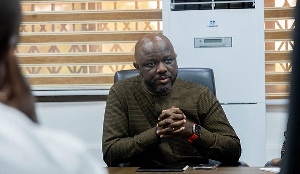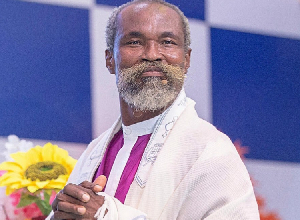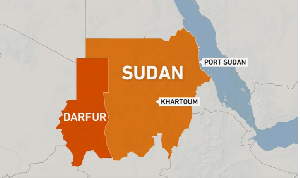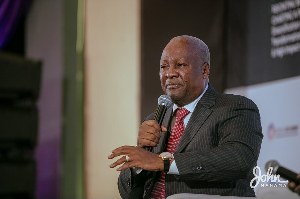Without urgent reforms, the domestic upstream petroleum industry risks losing US$2billion in investment next year, Benjamin Boakye, Executive Director of the Africa Centre for Energy Policy (ACEP), has warned.
He lamented that investor confidence in the upstream oil and gas sector is waning due to political interference over the past years and that swift reforms by the incoming government could help the sector gain at least US$2billion in investments in 2025 alone.
“Without swift reforms, this sector risks losing up to US$2billion in potential investments by 2025,” Mr. Boakye said in a statement congratulating President-elect John Mahama.
Ghana, with the exception of the 2024 first-half where oil production recorded an increase, has witnessed a worrying drop in crude oil production, falling from 71.44 million barrels in 2019 to 48.25 million barrels in 2023. This represents an annual average decline rate of 9.2 percent over the past four years and a 7 percent decrease from the 2022 figure of 51.7 million barrels.
This trend is attributed to unfavourable fiscal terms which make exploring for new hydrocarbons in the country unattractive to investors.
Mr. Boakye, in his statement, also detailed several pressing issues in the broader energy sector requiring immediate attention.
To begin with, he said the sector is riddled with institutional inefficiencies – burdened by bloated institutions and redundant directorates, driven in part by political appointments. This has resulted in wasteful expenditures and bureaucratic inefficiencies.
He said mismanagement within the Electricity Company of Ghana (ECG) has left the state-owned company reliant on the national budget. Issues such as procurement abuse and exchange rate manipulation have further strained finances, impacting payments to the gas sector and deterring investment in upstream oil and gas.
In the downstream petroleum sector, Mr. Boakye indicated that his office would soon release a report exposing inefficiencies.
These include inflated margins that increase costs for the public, with a call for reforms in institutions like the Tema Oil Refinery (TOR), the National Petroleum Authority (NPA) and the Bulk Oil Storage and Transportation Company (BOST).
Need for action
To address the afore-mentioned challenges, Mr. Boakye urged President-elect Mahama to prioritise energy sector reforms from the onset of his administration, recommending a comprehensive audit of the sector’s debt before his swearing-in on January 7.
He also advocated transparency, efficiency and decisive measures to stabilise the sector.
“This situation demands a careful, surgical examination to ensure you hit the ground running on January 7,” Mr. Boakye stated.
He pledged ACEP’s support in generating policy ideas for the government.
The challenges outlined in the energy sector present hurdles for the incoming administration. Analysts believe that addressing these issues effectively could have a transformative impact on Ghana’s economic stability and energy security.
Mr. Mahama will be sworn in as Ghana President on January 7, 2025. Observers await the policy direction of his government, with energy sector reforms seen as a litmus test for his administration’s commitment to restoring public confidence and ensuring sustainable economic development.
Watch the latest edition of BizTech below:
Click here to follow the GhanaWeb Business WhatsApp channel
Click to view details



Business News of Monday, 16 December 2024
Source: thebftonline.com







![Dr. Nyaho Nyaho-Tamakloe [L] and Alan Kyerematen Dr. Nyaho Nyaho-Tamakloe [L] and Alan Kyerematen](https://cdn.ghanaweb.com/imagelib/pics/885/88529103.295.jpg)









